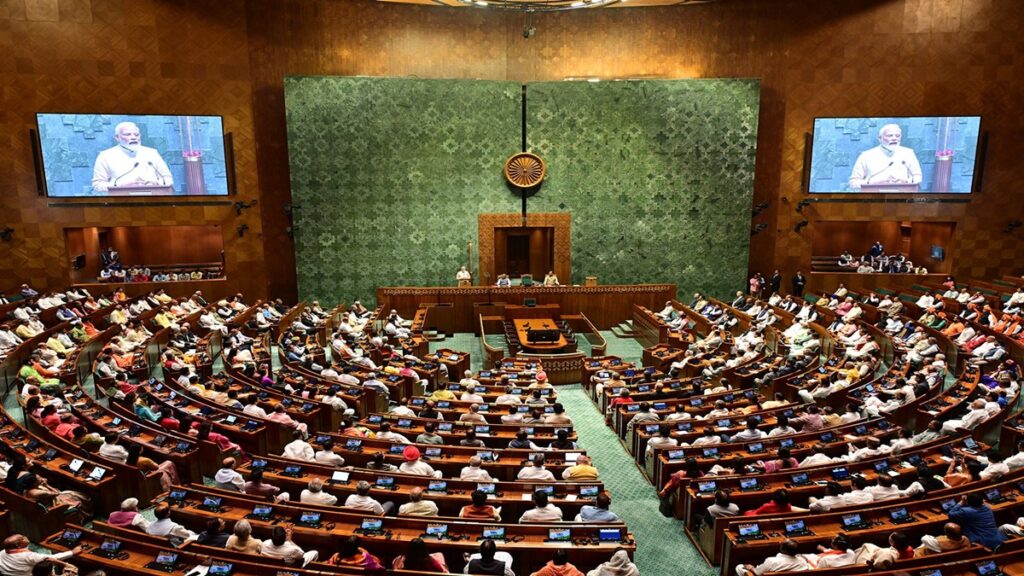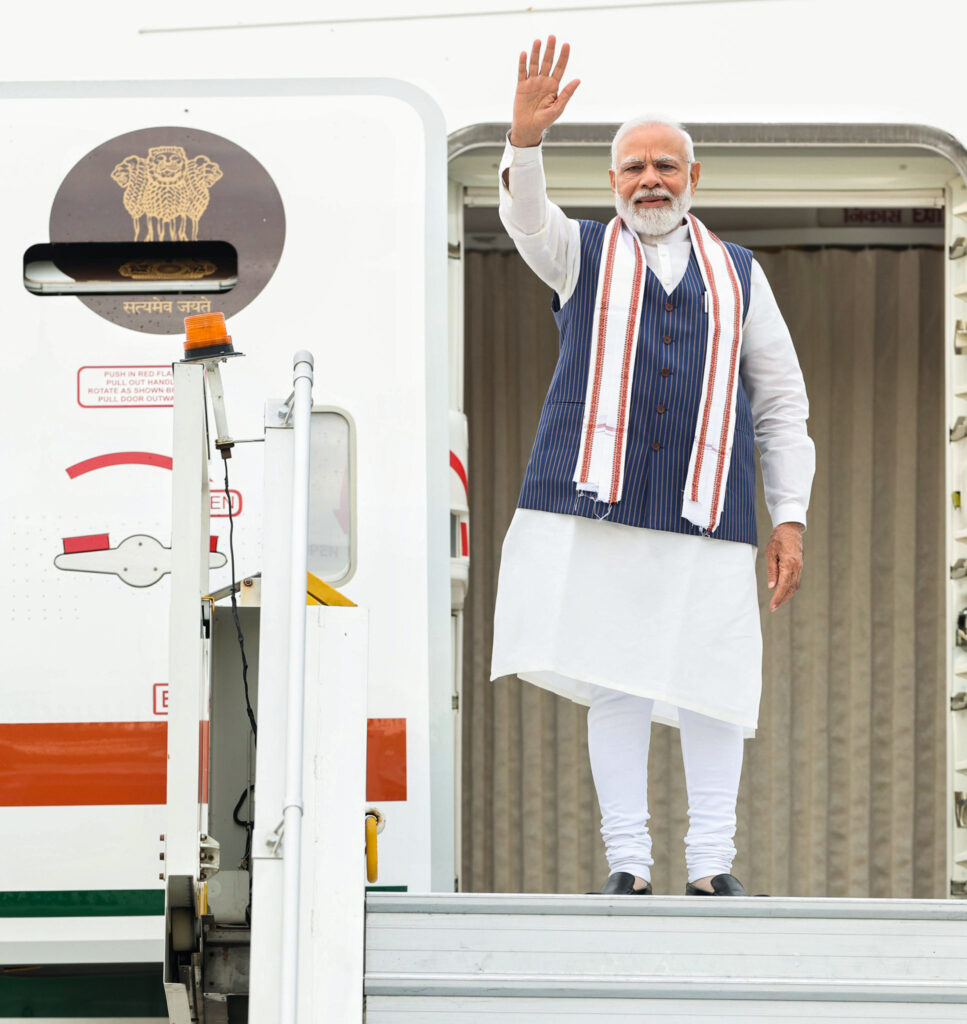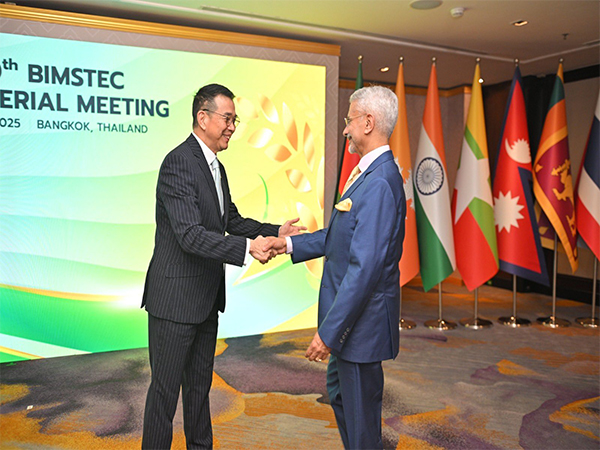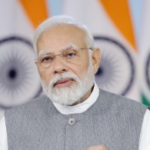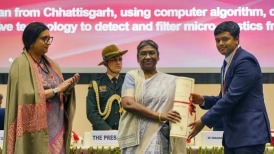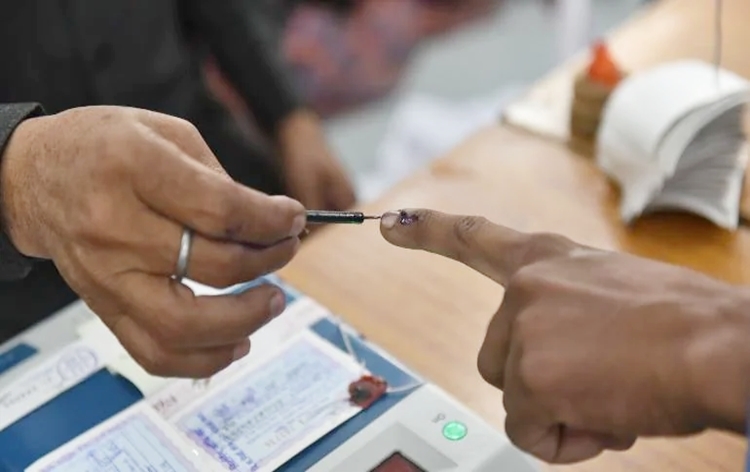PM Modi extends greetings as India celebrates National Science Day
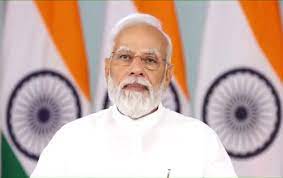
Celebrated every year on February 28, National Science Day commemorates the discovery of “Raman Effect” by Indian Physicist Sir C.V. Raman in 1928
Prime Minister Narendra Modi on Wednesday extended greetings on National Science Day, highlighting the government’s commitment to nurturing research and innovation among the youth. In a video posted on social media platform X, PM Modi stressed the importance of scientific temperament, innovation, and technology in realizing the vision of a developed India.
National Science Day, observed annually on February 28, commemorates the discovery of the “Raman Effect” by Indian physicist Sir C.V. Raman in 1928, a breakthrough that earned him the Nobel Prize in 1930 and India’s highest civilian honour, the Bharat Ratna, in 1954.
Since its designation by the government in 1986, February 28 has been celebrated as National Science Day across the nation, with participation from schools, colleges, universities, as well as various academic, scientific, technical, medical, and research institutions. The day’s festivities include public speeches, science exhibitions, research demonstrations, and other activities aimed at promoting scientific awareness.
This year’s theme, “Indigenous Technologies for Viksit Bharat,” highlights India’s commitment to promoting science, technology, and innovation for national development. It emphasizes the importance of self-reliance through science and addresses global challenges with homegrown solutions.
India’s has made significant progress in scientific research and innovation, with the country now ranking among the top five nations in scientific research publications and jumping to the 40th position in the Global Innovation Index from 81st in 2015. Patent filings have surged to over 90,000, the highest in two decades.
India’s achievements span various fields, including artificial intelligence, astronomy, renewable energy, semiconductors, climate research, space exploration, and biotechnology. Notably, India’s space endeavors have reached new heights, with successful missions like the Chandrayaan-3 lunar landing and the upcoming Gaganyaan human space flight program scheduled for launch in 2024-25.
India’s expertise in vaccine development during the COVID-19 pandemic and advancements in quantum technology further underscore its scientific capabilities, enhancing the quality of life for its citizens and contributing to global progress.



